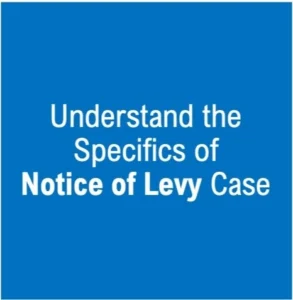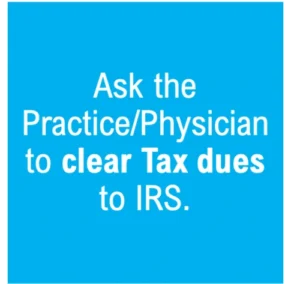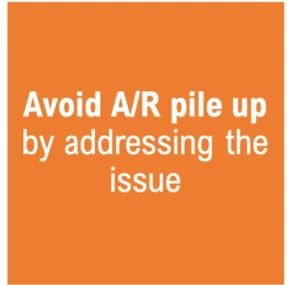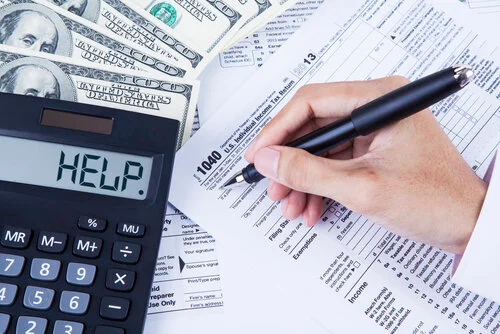Timely payment of TAX Dues to IRS helps avoid Notice of levy cases and get reimbursements regularized.
ViewPoint
Notice of Levy issues may be wrongly construed to be denied claims if a thorough investigation is not done to understand the reason behind such cases. Further, it is imperative that physicians pay their taxes on time. By educating physicians/practice teams on the importance of filing taxes, an artificial surge in denials on account of notice of levy cases can be avoided.
Results Summary



Customer Situation
Challenges with Prolonged Service Claims
The practice was not getting payments from HealthFirst, a healthcare payer, for a long time leading to a rise in 91+ days A/R aging.Challenges
- Per our initial discovery, the payments for the claims were already made.
- Checks had been sent to the insurance address instead of the provider address.
- We contacted Healthfirst regarding the issue, and they said that the provider owes the money to the government, and they returned the amount to the government instead of paying to the provider.
- The insurance further explained that this is a normal process for Notice of Levy Cases.
Solution
- We requested the Notice of Levy from the insurance company and shared it with the provider’s office for their reference
- Further, we informed the practice team to contact the insurance companies for the IRS. We educated the practice team about the Notice of Levy case and that they need to pay the taxes to IRS
- The practice team paid due taxes to IRS, which resolved the problem and the insurance started releasing the payments directly to the practice
Result
Once we assisted the Physician to call and fix the issue with Healthfirst, the provider received the pending payment of $7,555 from Healthfirs, which had a high impact on reducing the AR claims in 91-120 aging by $25,868 from $30,259 to $4,391.
| What is Notice of Levy? |
|---|
An IRS Notice of Levy is a letter sent to taxpayers who have not paid their back taxes and have an IRS lien placed against them. The IRS is notifying the delinquent taxpayer that they will begin collecting the debt using levy actions such as wage garnishment, property seizure, and bank account seizure. A notice of levy causes many problems for taxpayers. It means that the taxpayers’ accounts and assets may be frozen by the tax lien, which may prevent the possibilities of selling them or changing ownership of the items. The taxpayer only has 30 days in which to take care of the tax debt before the levy actions are taken. Failing to pay back the full amount of the debt after receiving an IRS notice of levy will mean that levy actions will start unless the necessary steps have been taken. The Levy will be issued when the taxpayer has not paid their taxes nor have they taken the proper steps to make arrangements in doing so. The IRS will then take action and issue a levy against assets you own or that others do (for instance your wages are given by your employer). A/R in 91+ day bucket
|



